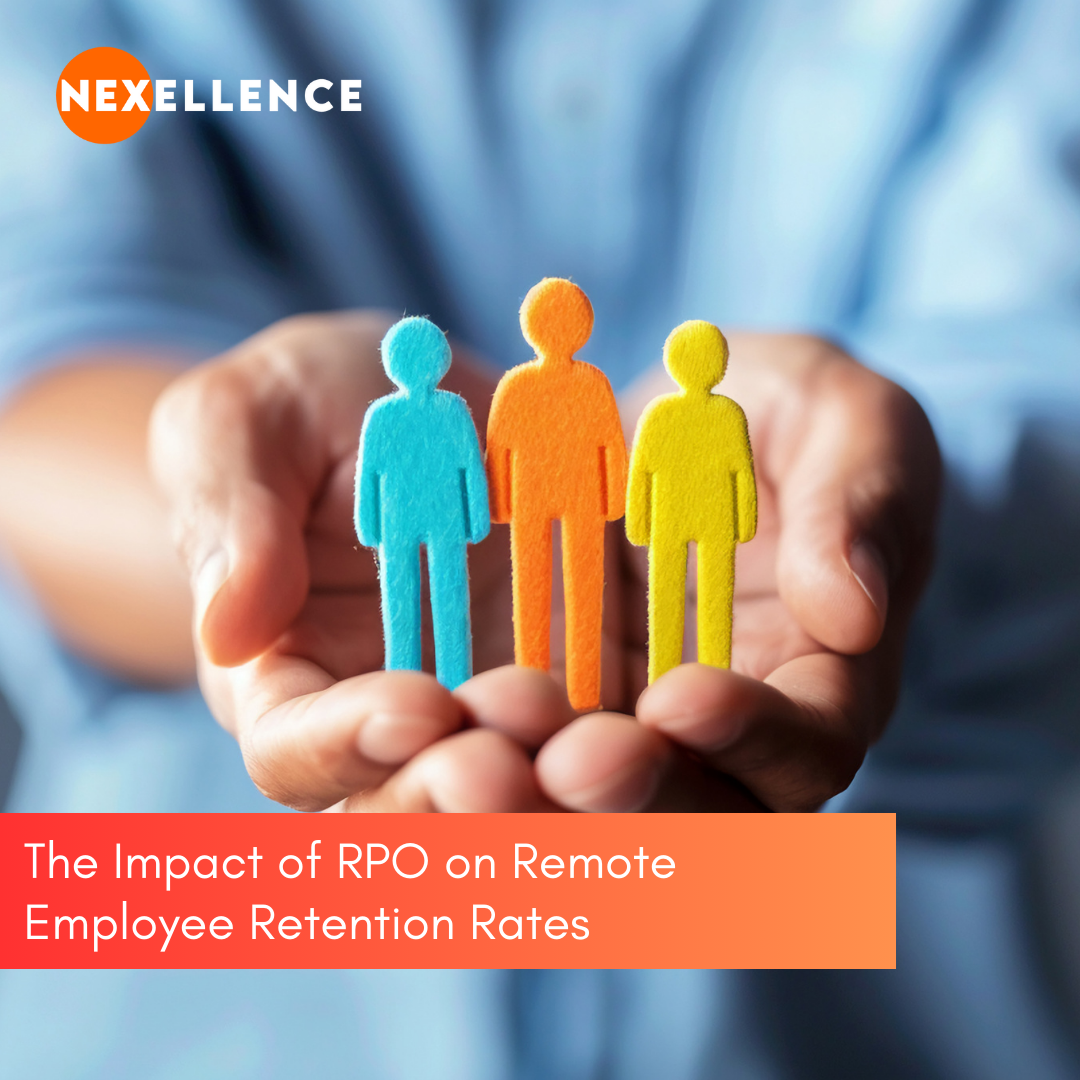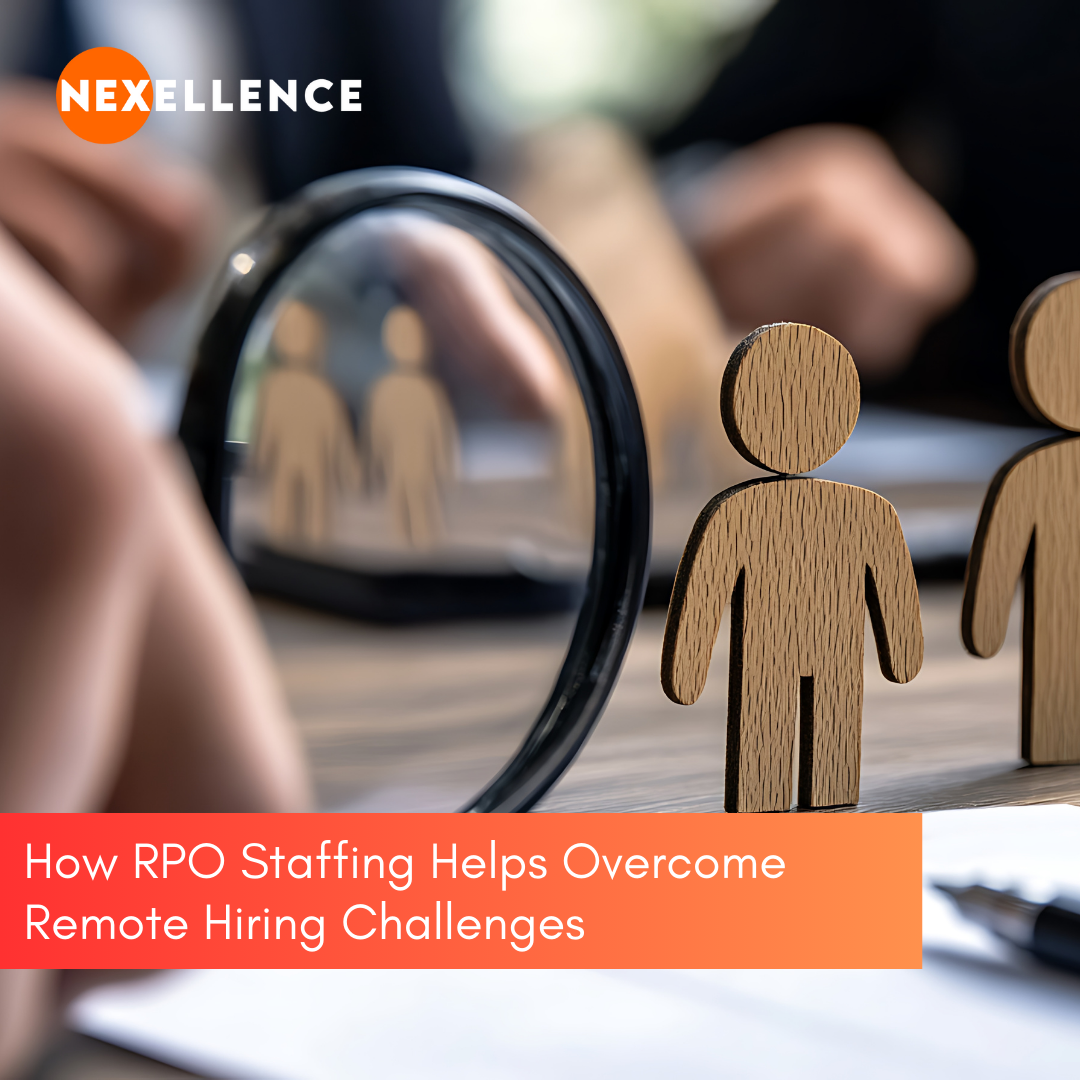Introduction:
Emotional intelligence is a vital skill set that plays a significant role in workplace success and personal growth. It refers to the ability to recognize and understand emotions in oneself and others, and effectively manage them to build meaningful relationships and make informed decisions. In this blog, we will explore seven actionable ways in which employees can improve their emotional intelligence, leading to enhanced communication, better teamwork, and overall career advancement.
1. Self-Awareness:
Developing self-awareness is the foundation of emotional intelligence. Employees should strive to understand their emotions, strengths, weaknesses, triggers, and values. This awareness allows them to regulate their responses and behaviors, leading to better self-control and improved interactions with others.
2. Active Listening:
Active listening involves not only hearing the words spoken but also understanding the emotions and underlying messages being conveyed. Employees should focus on being fully present, maintaining eye contact, and showing genuine interest in what others have to say. This demonstrates empathy and allows for better connections and understanding.
3. Managing stress:
Stress can significantly impact emotional intelligence. Employees should recognize their stress triggers and develop coping strategies, such as deep breathing exercises, meditation, or time management techniques. By effectively managing stress, they can maintain a calm and composed demeanor, even in challenging situations.
4. Empathy:
Empathy is the ability to understand and share the emotions of others. Employees should put themselves in others’ shoes and consider their perspectives and feelings. By demonstrating empathy, they build trust, foster positive relationships, and effectively resolve conflicts.
5. Social Awareness:
Developing social awareness involves being attuned to the emotions and dynamics of a given situation or environment. Employees should actively observe and understand the emotional cues of others, such as body language and facial expressions. This awareness helps them adapt their communication styles and build stronger connections.
6. Conflict Resolution:
Conflict is inevitable in a workplace setting, but employees with high emotional intelligence can effectively manage and resolve conflicts. They should strive to approach conflicts with an open mind, actively listen to all parties involved, and seek mutually beneficial solutions. By promoting open communication and understanding, employees can build stronger teams and foster a positive work environment.
7. Continuous Learning and Feedback:
Employees should embrace a growth mindset by seeking opportunities for continuous learning and improvement. They should actively seek feedback from colleagues, superiors, and subordinates to gain insight into their emotional intelligence progress. By taking constructive feedback and incorporating it into their personal and professional development, employees can continually enhance their emotional intelligence.
Conclusion:
Improving emotional intelligence is a journey that requires commitment, self-reflection, and practice. By applying these seven strategies – developing self-awareness, practicing active listening, managing stress, demonstrating empathy, gaining social awareness, resolving conflicts, and embracing continuous learning – employees can enhance their emotional intelligence skills. Ultimately, this will lead to stronger relationships, improved communication, and greater career success. Cultivating emotional intelligence is not only beneficial in the workplace but also in personal relationships, contributing to overall well-being and satisfaction.





